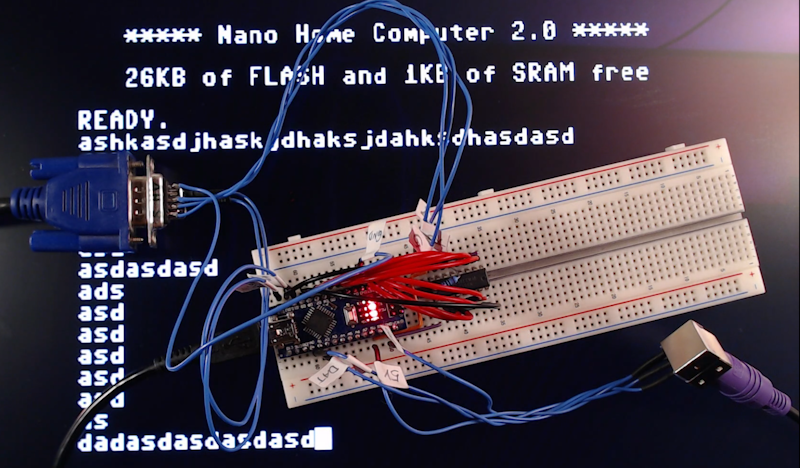
The Arduino Nano Personal Computer
Are you looking to dive into the world of microcontrollers and create your own innovative projects? Look no further than the Arduino Nano PC. This compact yet powerful device is a game-changer for electronics enthusiasts and hobbyists alike.
What is the Arduino Nano PC?
The Arduino Nano PC is a small, versatile microcontroller board based on the ATmega328P chip. It offers a wide range of functionalities, making it perfect for various projects, from simple LED displays to complex robotics.

Key Features of the Arduino Nano PC
With 22 digital I/O pins, 6 analog inputs, and a clock speed of 16MHz, the Arduino Nano PC provides ample opportunities for customization and experimentation. Its compact size makes it easy to integrate into any project, while its USB interface allows for seamless connectivity.
Benefits of Using the Arduino Nano PC
One of the main advantages of the Arduino Nano PC is its user-friendly interface. Whether you are a beginner or an experienced developer, the Arduino IDE makes programming a breeze. Additionally, the vast online community provides support and inspiration for your projects.
Applications of the Arduino Nano PC
From home automation to wearable technology, the Arduino Nano PC can be used in a wide range of applications. Whether you want to build a smart thermostat or a remote-controlled car, the possibilities are endless with this versatile device.
Overall, the Arduino Nano PC is a powerful tool for anyone looking to explore the world of electronics and programming. With its compact size, user-friendly interface, and endless possibilities, it is the perfect choice for your next project.

Leave a comment